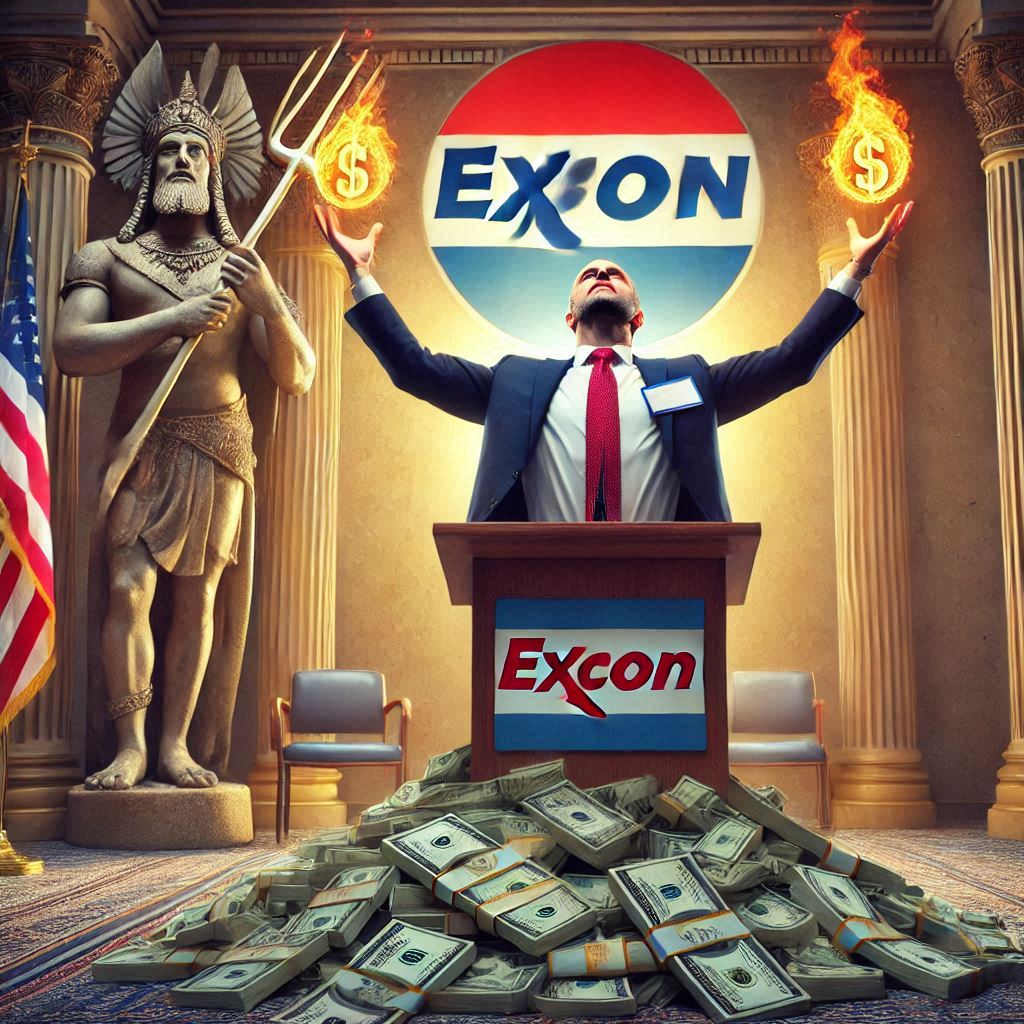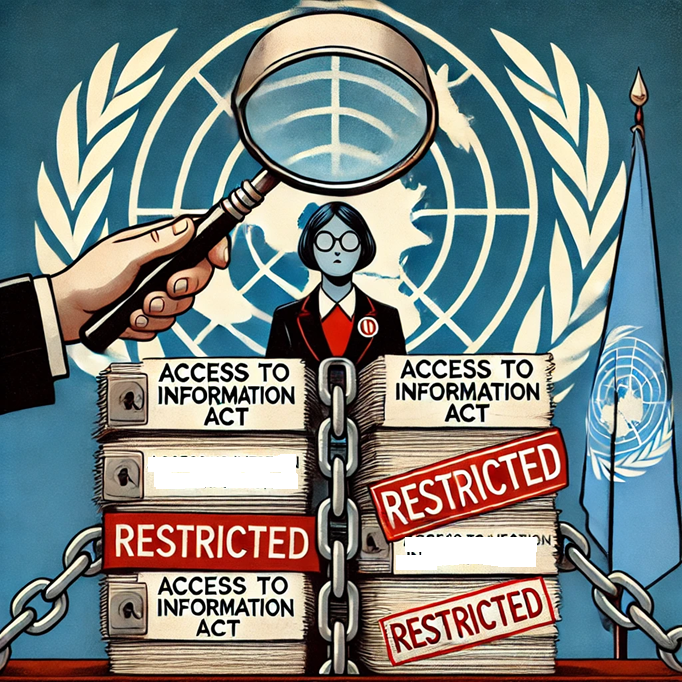On December 8th, 2024, ExxonMobil Guyana claimed that they “adhere to the highest ethical standards and are committed to transparency and integrity in all our dealings”. They do not! On the contrary, ExxonMobil Guyana does not even consistently comply with the law.
ExxonMobil rejected a valid penalty for a polluting spill, and did not pay. It waited instead until a supine political administration came into office and dropped the case.
In 2018, Christopher Ram showed, using the oil companies’ own financial statements, that the pre-contract costs were overstated by at least US$92 million. If ExxonMobil is committed to integrity, it should explain why 6 years have elapsed and not a word to counter the integrity of Mr. Ram’s analysis.
In 2023, it was reported that the first audit of cost claims from 1999 to 2017 found 12.8% or US$214 million in questionable expenses by ExxonMobil and its partners. There were US$179.8 million in costs that were deemed “Inadequate Supporting Documentation”. Given its commitment to transparency, why, more than a year later, has the supporting documentation not been provided?
ExxonMobil Guyana does not pay taxes on its oil profits in Guyana. It signed an oil contract with the condition that it receive tax receipts from the Government of Guyana for taxes it did not pay. More than 140 countries require companies like Exxon to pay at least 15% in taxes. Why is Guyana not among them? If Exxon claims transparency, it should publish the tax receipts it received from the Government of Guyana and disclose whether the receipts are used to receive a tax credit from the IRS.
ExxonMobil defies the rule of law and international safety standards with operating the Liza 1 and Liza 2 oil projects above the design production rates. How can it be ethical to place Guyana and the Caribbean at the risk of a major oil spill especially when there is no parent company guarantee? How can ExxonMobil claim ‘the highest ethical standard’ given that this recklessness can bankrupt Guyana and many countries in the Caribbean?
A large number of commentators in several countries have agreed that the Exxon-influenced (if not Exxon-dictated) production sharing agreement of 2016 is one of the world’s most lopsided. It is a principle of contract law that, if one party does not fully understand what it is signing, the contract is invalid. For ExxonMobil to continue to refer to ‘sanctity of contract’ in such a context shows substantial disregard for ethical standards.
If ExxonMobil wants to be respected, it needs to live up to its claims.
Alfred Bhulai
Andre Brandli
Ganga Ramdas
Kenrick Hunte
Darshanand Khusial
Mike Persaud
Joe Persaud
Charles Sugrim
On behalf of OGGN











